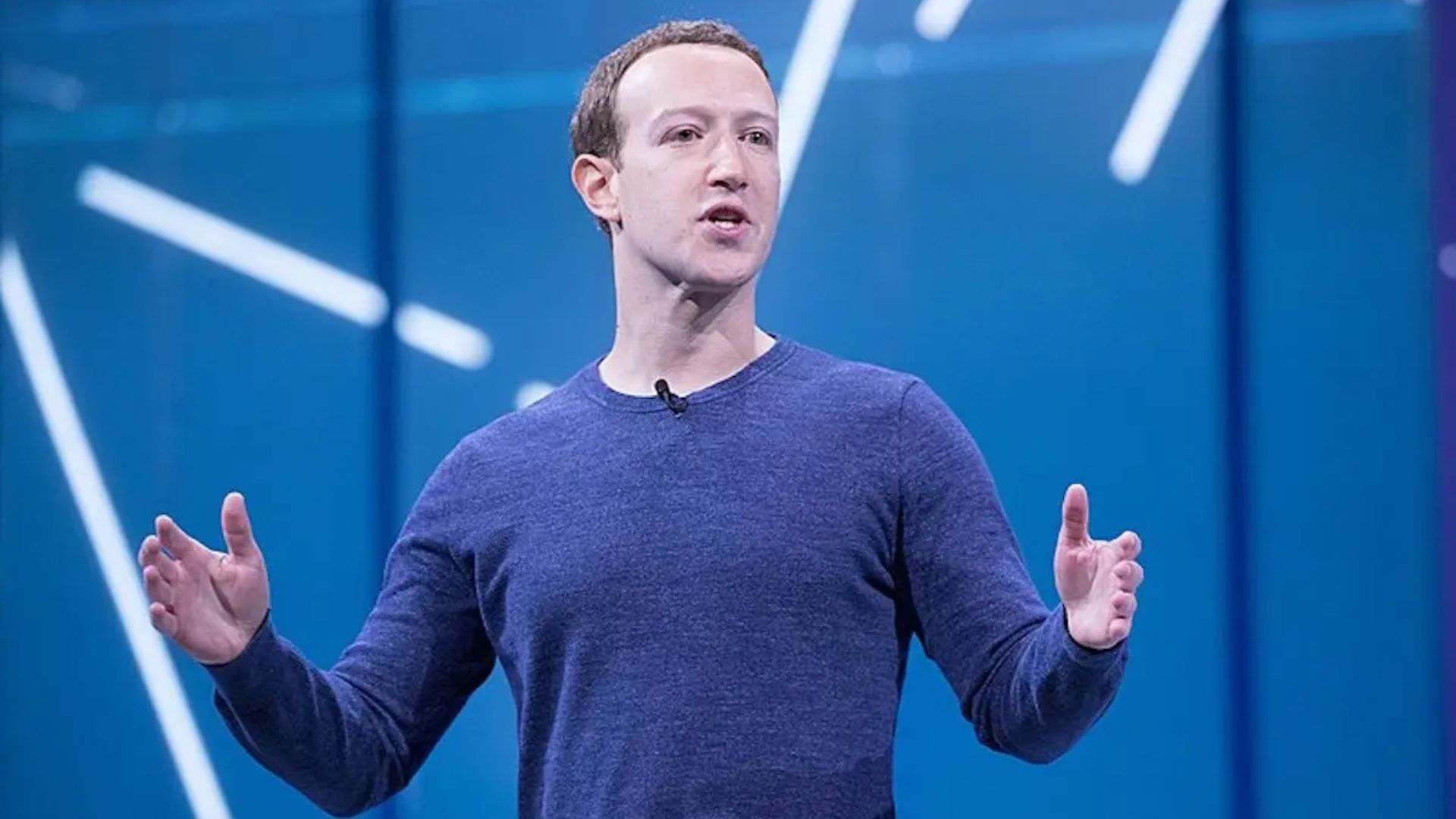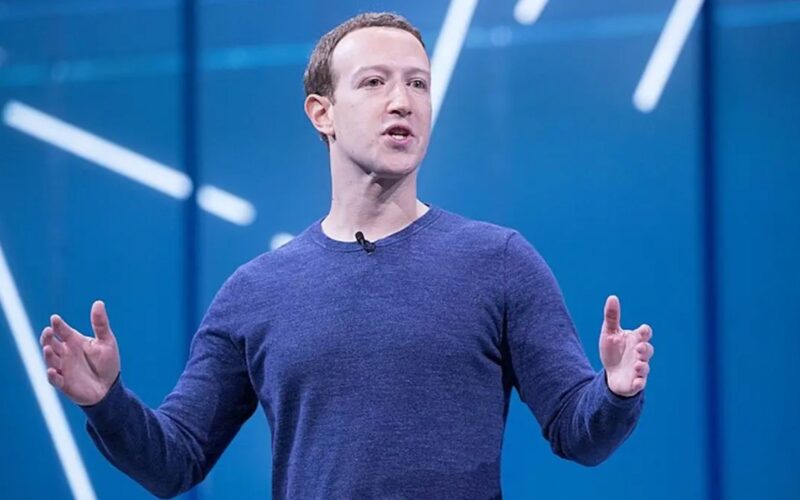
Meta CEO Mark Zuckerberg recently confirmed that the U.S. tech giant will add premium plans to its recently launched AI assistant – the Meta AI app. In an interview with Stratechery, the 40-year-old also shed light on enhancing Meta’s AI capabilities across the whole ecosystem to build a more immersive user experience.
Meta launched its AI assistant recently, signalling the entry of another rival with the likes of Google’s Gemini, Open AI’s ChatGPT, and Anthropic’s Claude already leading the fray.
The Zuckerberg Vision
“Our focus for this year is…making Meta AI the leading personal AI with an emphasis on personalization, voice conversations, and entertainment,” the Meta CEO said.
“As AI unlocks more productivity in the economy, I expect that people will spend more of their time on entertainment and culture, which will create an even larger opportunity to create more engaging experiences across all apps.”
The Meta AI app, launched in April, joins an already robust social media ecosystem including WhatsApp, Instagram, Facebook, and Messenger. Currently, it’s free for use across both iOS and Android devices. It comes with a Discover feed that allows users to share how they use AI to generate results. This feature also signals an additional base for offering users product recommendations or ads.
“I think that there will be a large opportunity to show product recommendations or ads as well as a premium service for people who want to unlock more compute for additional functionality or intelligence,” Zuckerberg said during the company’s earnings call. However, he remained coy on finer details regarding when the subscription tiers will be released.
A news for Meta advertisers
Zuckerberg also focused on Meta’s commitment towards enhancing the ads business by using AI.
The Harvard University dropout also confirmed how AI capabilities have helped Meta become better at targeting through broad options, edging advertisers to ditch the usual targeting options in the ads manager dashboard.
“Over the last 5 to 10 years, we’ve basically gotten to the point where we effectively discourage businesses from trying to limit the targeting. It used to be that a business would come to us and say like, “Okay, I really want to reach women aged 18 to 24 in this place”, and we’re like, ‘Okay. Look, you can suggest to us…’”, he said.
“If they really want to limit it, we have that as an option. But basically, we believe at this point that we are just better at finding the people who are going to resonate with your product than you are. And so, there’s that piece.”
Zuckerberg also claimed that Meta aims to take total control over the creative process of advertising to deliver the required results. This model, known as “infinite creative”, allows its AI to continuously generate and refine ad content, with the potential to reshape the traditional advertising landscape entirely.
What does this mean for users and advertisers?
The monetization of the Meta AI app shouldn’t surprise users, knowing that its competitors have already brought paid subscriptions to their services. At this point, it isn’t easy to see how Meta’s AI assistant could be any different from the options available in the market – especially for users who use AI for general purposes on a minimal level.
Regarding advertisers, Zuckerberg’s alarming vision of automating the ad process is dangerous for large agencies and brands. While businesses will be able to outline their goals, they will have to rely entirely on Meta’s AI to generate the desired results. This practice could disrupt the entire advertising system with rising ad costs.
